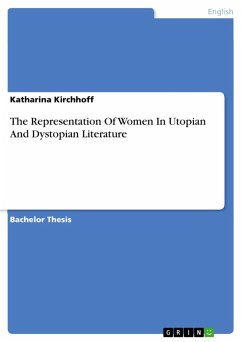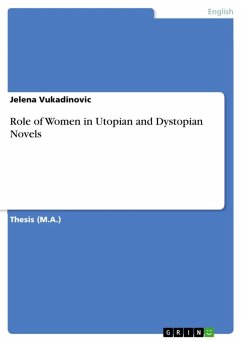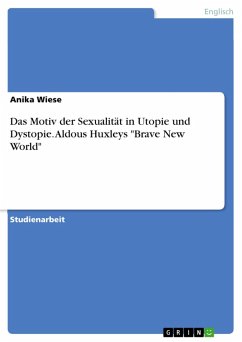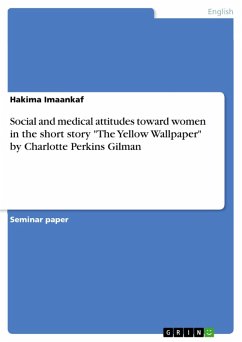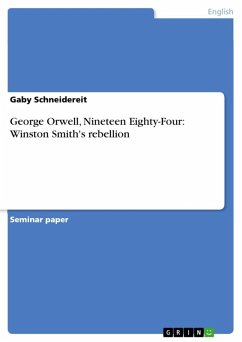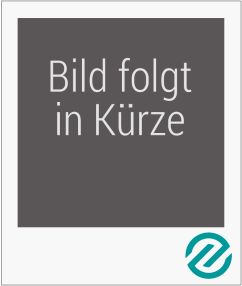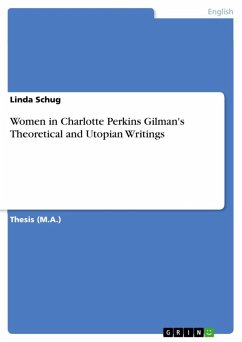Bachelor Thesis from the year 2012 in the subject English Language and Literature Studies - Literature, grade: 1,8, University of Leipzig, language: English, abstract: The purpose of this study is to analyse the representation of women in utopian and dystopian literature. The research question of this paper is: To what extent is the representation of women and their status in the fictional societies determined by gender relations in the context of the distribution of power? To explore this question the historical context in which s/he wrote the novel is also assumed to be important. The approach applied to this thesis is based on gender and literary studies. In order to analyse the representation of women, this thesis offers a coherent structure consisting of four important steps. Firstly, each novel will be introduced with a brief paragraph on the historical background. Secondly, the power relations of the society have to be observed. Thirdly, the resulting gender relations will be analysed. Finally, in the context of the prior three steps of this thesis, the representation of women will be observed. In addition, I will use traditional female stereotypes in literature as a criterion for the analysis of the representation of women. The novels chosen for this purpose are Herland, written by Charlotte Perkins Gilman in 1915, followed by the dystopia Brave New World, written by Aldous Huxley in 1932. The final novel will be the dystopia The Handmaid's Tale, written by Margarete Atwood in 1985. The last section of this thesis will compare the results of the analyses and clarify in how far power and gender relations determine the representation of women in utopian and dystopian literature in the light of the historical context of the novel.
Dieser Download kann aus rechtlichen Gründen nur mit Rechnungsadresse in A, B, BG, CY, CZ, D, DK, EW, E, FIN, F, GR, HR, H, IRL, I, LT, L, LR, M, NL, PL, P, R, S, SLO, SK ausgeliefert werden.

